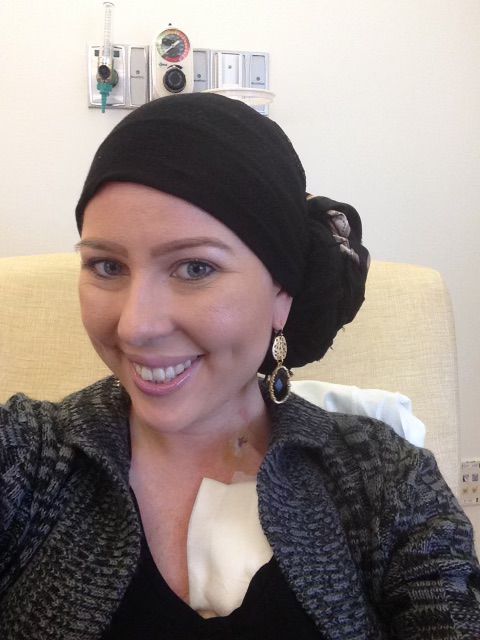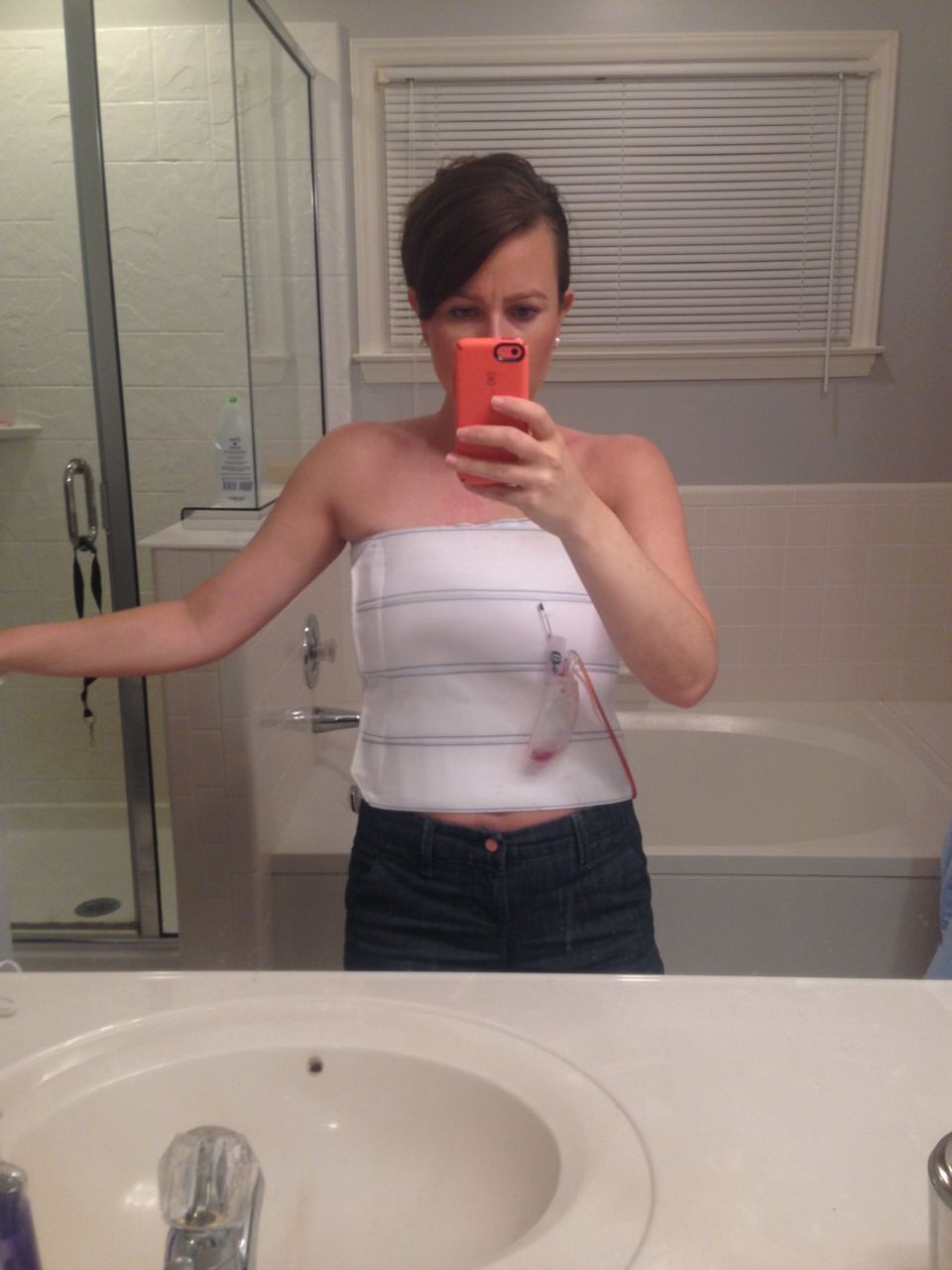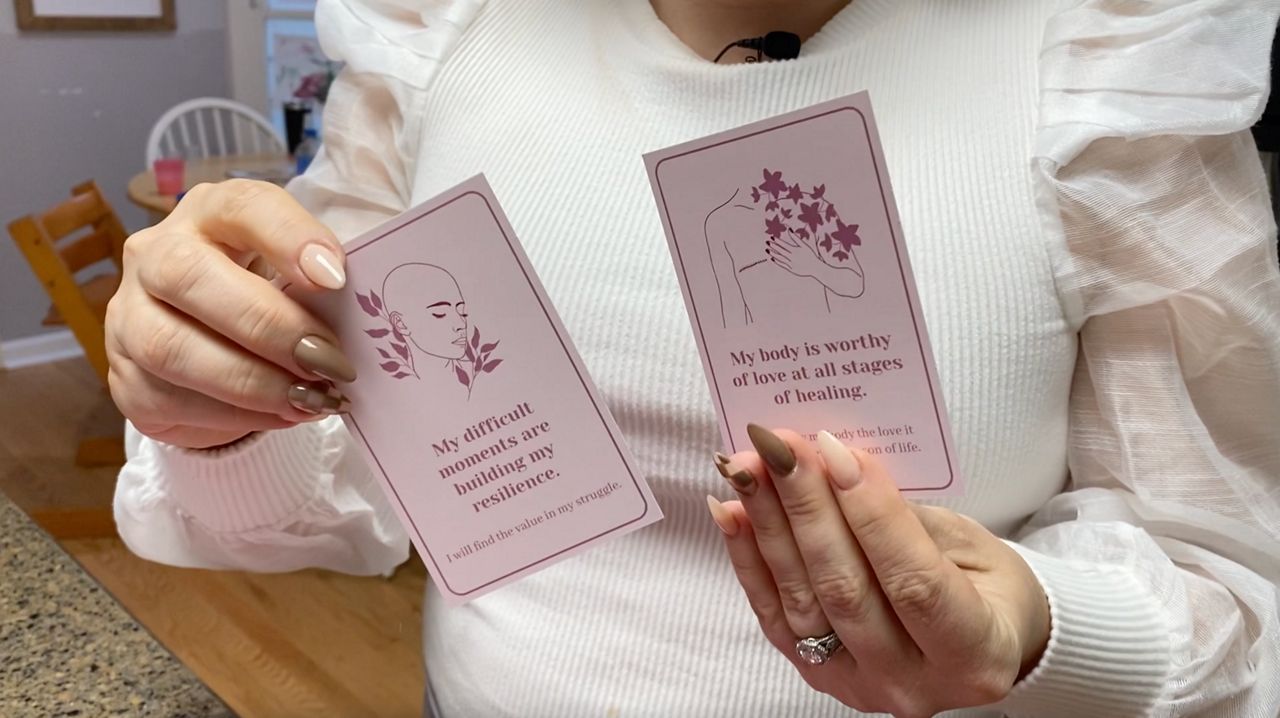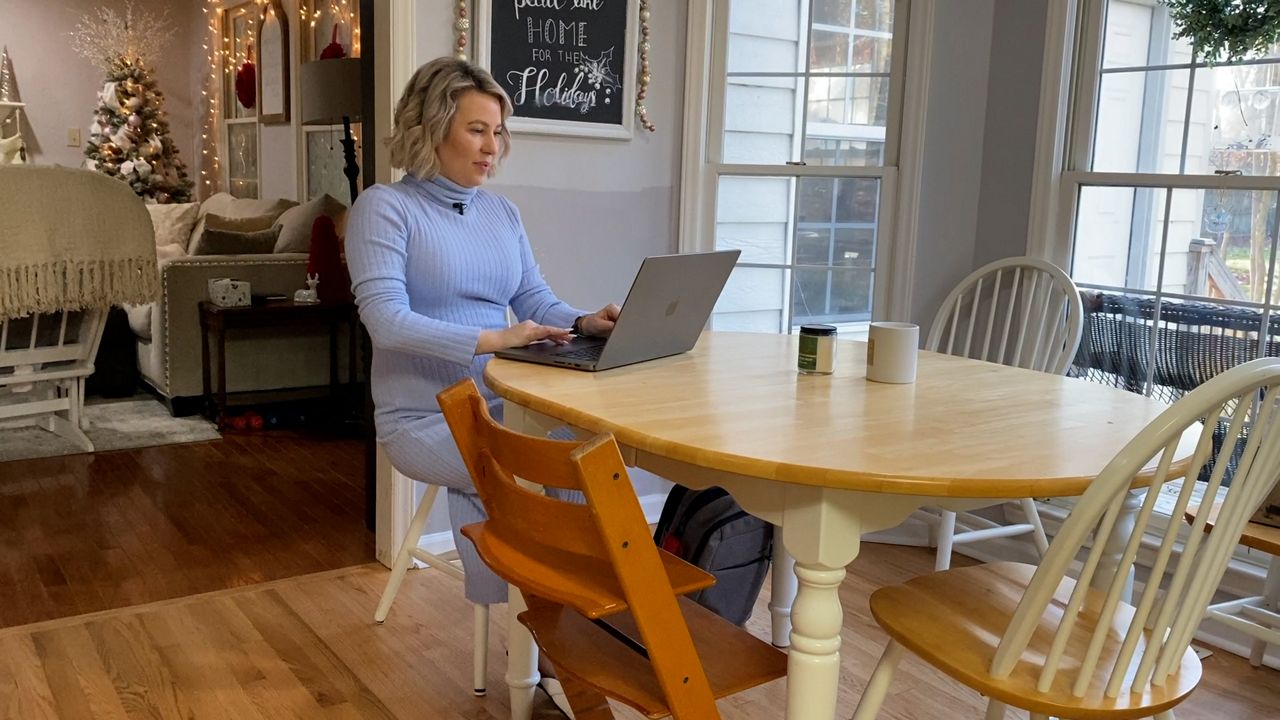APEX, N.C. — October is Breast Cancer Awareness Month and, according to the Centers for Disease Control and Prevention, breast cancer is the second most common cancer among women in the United States, just behind some types of skin cancer.
Fortunately, survival rates are increasing as treatments become more effective, but a cancer diagnosis can also influence a person’s metal health.
When you get life changing news like a breast cancer diagnosis, it can feel like you have no control what happens next.
One Duke Health doctor said one thing that is in your control is your perspective on the situation. Moreover, if you’re under a lot of stress, it can weaken your immune system.
“A patent’s outlook and their mental status going into it is important in terms of their overall outcome, I think that’s true,” said Dr. Maggie DiNome, the chief of breast surgery at Duke Health. “We can then help alleviate the extra medical stressors in their life in terms of financial stressors, or if they don’t have support systems, etc. to help to improve their mental state going into treatment.”
One woman in Apex knows the power a positive attitude can have. After being diagnosed with breast cancer at 27-years-old, Anna Crollman has made that life-changing diagnosis her brand.
She uses social media to educate others about breast cancer and create a supportive community, often sharing mental health tips or resources.
She said the psychological impact of cancer needs to be prioritized just as much as the other physical impacts.

“For me, writing little notes down and having that be the first thing that I see in the morning or the message that I’m carrying through the day with me was really powerful,” Crollman said. “Going through breast cancer was really hard on me mentally and in terms of body image and self-acceptance.”
Crollman knows it's challenging to stay optimistic after a life-changing diagnosis.
“It’s a big struggle for people to redefine who am I as a woman without this body part, without my hair, without pieces that maybe made me feel confident or feel normal in society,” Crollman said.

She’s been documenting her journey online since 2015, and that community has since grown to over 20,000 people strong.
“I share a lot of my children and motherhood and body confidence and then three, showing people that you are not alone, that you’re not the only young person in the world to be diagnosed with breast cancer,” Crollman said.
It’s not her full-time job, but said she takes this platform seriously. Reflecting on what helped her, she recently created affirmation cards that are like handwritten notes she still leaves herself.
“We have mastectomy scars, we have bald heads, we have port scars, chemotherapy, so that as you’re going through these affirmation cards, you’re getting something powerful from the words as you’re saying them to yourself, but you also see yourself represented,” Crollman said.
“People want to figure out how they can help someone that’s going through cancer. But a lot of times it’s more physical things like a meal or socks or a blanket. But we don’t focus on the mental health side,” she added.
Crollman explained they serve as little reminders to stay positive and help fuel the fight against cancer. It’s an outlook on life that transcends her survivorship into motherhood, a role she didn’t even know she could have after cancer.“I’m raising two boys in a world and hope for them to have the same level of self-compassion and kindness to others that I am trying to have for myself,” Crollman said.
DiNome says screening is very effective. Current recommendations say routine breast cancer screenings, for the average risk individual, should start at age 40 and go through at least 74 years old. Screenings should happen every year or every other year, depending on your doctor’s recommendations.
If you or someone you know needs support related to breast cancer, there are ways to get help. The National Breast Cancer Foundation website has a list of groups and other resources.









